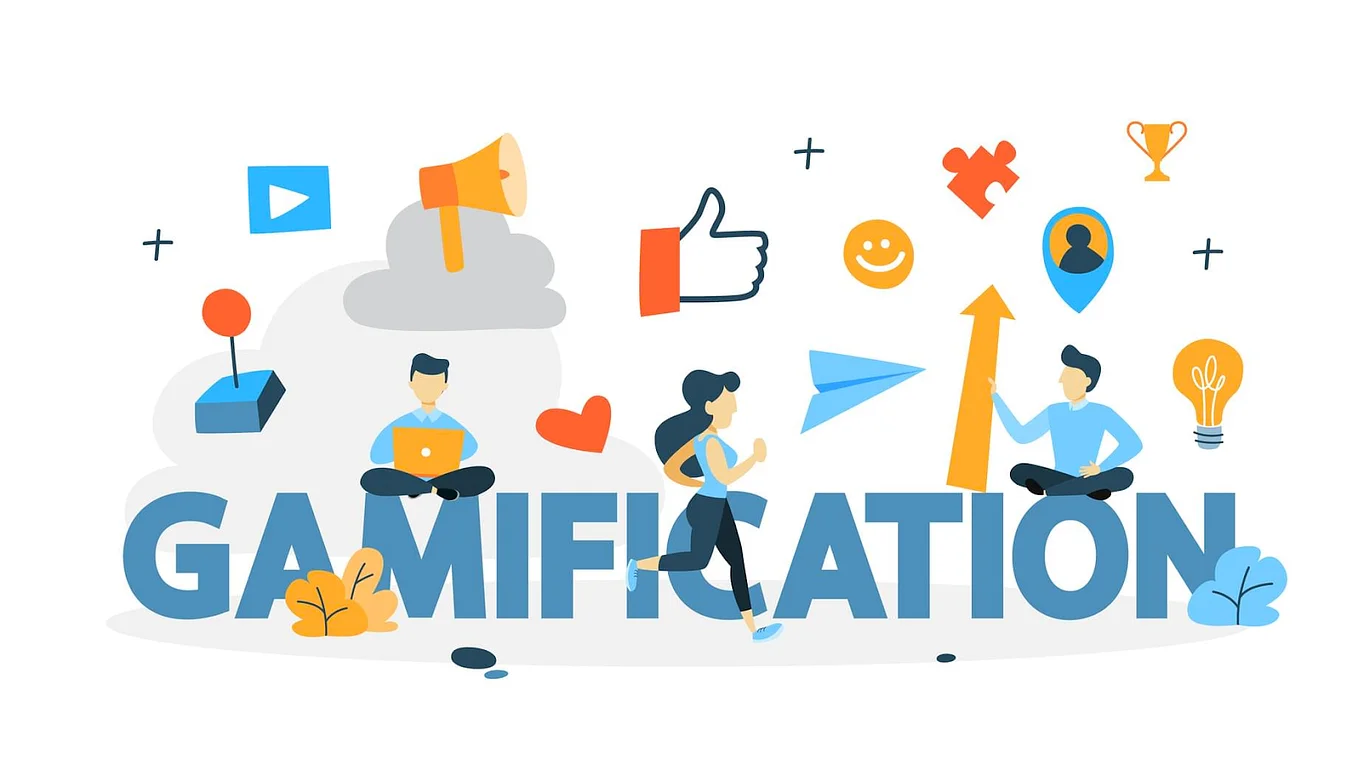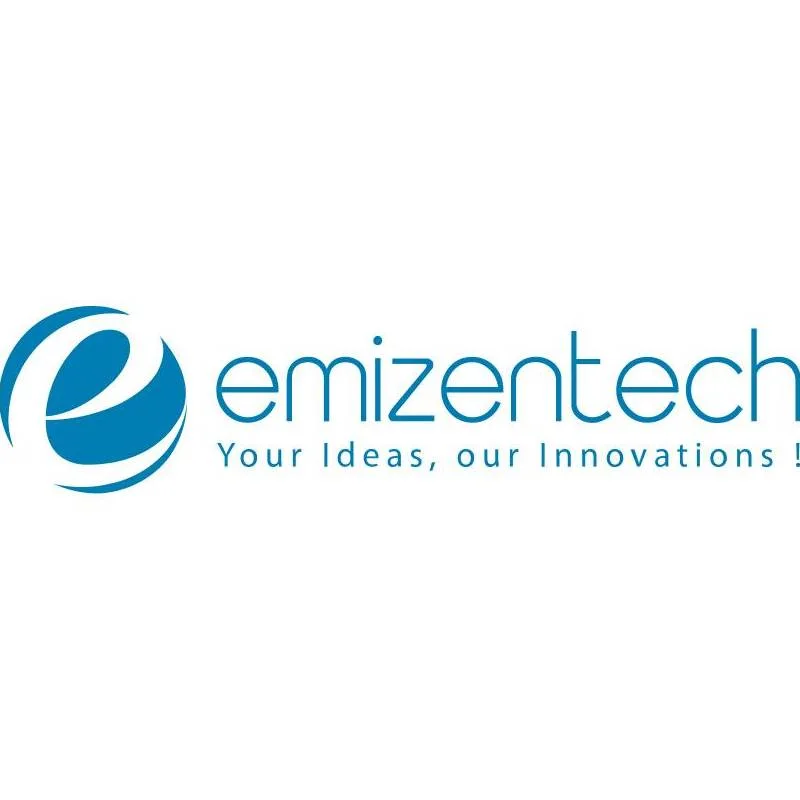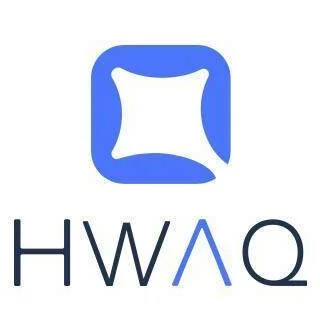The principles that make games compelling—points, badges, leaderboards, and a clear sense of progression—are rapidly escaping the confines of entertainment and infiltrating the core of business, education, and health. This strategic integration, known as gamification, is evolving from a novelty into a fundamental framework for driving human behavior and engagement in a distracted world. Companies are now leveraging advanced analytics and AI to design experiences that are not just fun, but profoundly effective at motivating action and fostering loyalty.
According to Straits Research, the global gamification sector was valued at USD 20.39 billion in 2024 and is projected to reach from USD 25.94 billion in 2025 to USD 177.75 billion by 2033, growing at a CAGR of 27.2% during the forecast period (2025-2033). This staggering growth rate underscores a broad recognition that traditional engagement models are broken and that dynamic, game-inspired solutions offer a powerful alternative.
Key Players and Strategic Diversification
The competitive field is a blend of specialized platforms, enterprise software giants, and consulting firms.
-
Badgeville (USA) / CallidusCloud (USA): Now part of SAP Customer Experience, this pioneer proved the model for enterprise gamification. Its legacy lives on within SAP's offerings, focusing on boosting sales performance and customer service productivity through real-time recognition and performance tracking.
-
BI Worldwide (USA): A leader in employee incentives and recognition, BI Worldwide has deeply integrated gamification into its platform. Their analysis shows a shift from simple rewards to creating immersive "challenge journeys" that align with specific corporate goals, such as safety compliance or continuous learning.
-
Microsoft (USA): The tech giant has embedded gamification into its core products. Microsoft Viva, its employee experience platform, includes modules for learning and goals that use badges and progress tracking. Similarly, Dynamics 365 uses gamification to motivate sales teams, directly integrating with CRM data.
-
Mambo.IO (Canada) & Hoopla (USA): These specialists focus on real-time performance motivation. Hoopla, for instance, provides platforms for sales teams that integrate with CRMs to display live leaderboards, track achievements, and broadcast celebrations, creating a constant feedback loop that mimics the engagement of a live game.
-
Classcraft (Canada): This company exemplifies specialization, turning the entire classroom into a role-playing game. Students create avatars, form teams, and gain points for positive behaviors and academic achievements, demonstrating gamification's power beyond the corporate sphere.
Emerging Trends: Beyond Points and Badges
The field is moving far beyond superficial mechanics towards deeper, more meaningful engagement.
-
AI-Powered Personalization: Modern platforms use AI to tailor challenges and rewards to individual users. Instead of a one-size-fits-all leaderboard, an AI might analyze an employee's work patterns and suggest a personalized challenge that helps them improve a specific skill, making the experience much more relevant and effective.
-
The Metaverse and Immersive Experiences: With the rise of VR and AR, gamification is becoming immersive. Companies are designing virtual "headquarters" where employees complete training modules, collaborate on puzzles, and attend events, earning digital collectibles and status that carry weight in the corporate culture.
-
Focus on Soft Skills and Wellness: Gamification is being applied to areas like mental health, diversity training, and sustainability. Apps challenge employees to practice mindfulness, complete modules on unconscious bias, or track their carbon footprint, turning abstract goals into tangible, rewarded activities.
Recent Global News and Updates
The sector is vibrant with activity. A significant recent update came from Salesforce (USA), which announced deeper gamification features within its Slack platform, allowing managers to create custom recognition programs and team-based challenges directly in the communication tool. In Europe, G2A.COM (Poland), a digital marketplace, made news by leveraging gamification for its own employee training, reporting a significant increase in program completion rates. Furthermore, Deloitte (UK) recently published a report highlighting the use of gamified assessments in its recruitment process to better identify problem-solving skills and cultural fit in candidates.
In summary, gamification is maturing into a sophisticated discipline that blends behavioral psychology with data science. It is being strategically deployed to solve critical challenges in employee engagement, customer loyalty, and learning, transforming mundane tasks into compelling experiences that drive measurable results.






